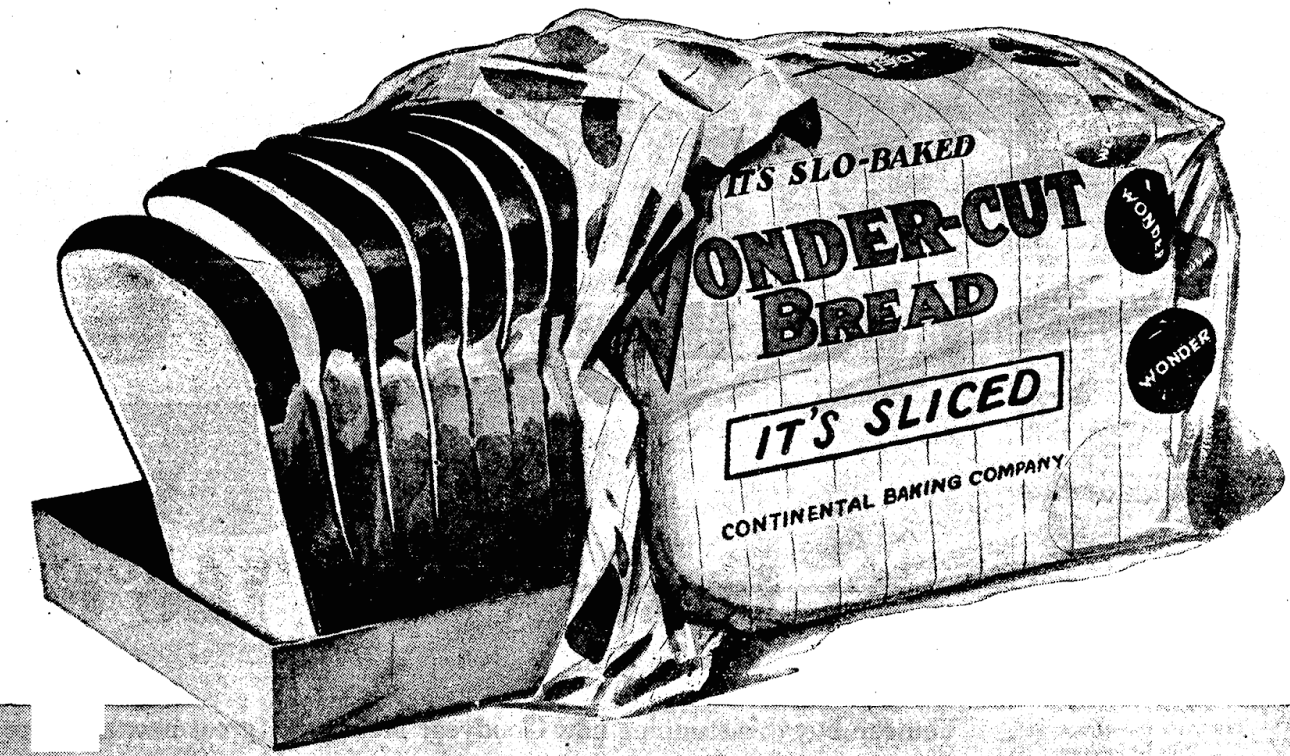【Watch S Private Life Of A Body Cam Girl Online】
Ashes to Ashes
Our Daily Correspondent

A vintage ad for Wonder Bread.
I was surprised and touched, when I returned from a two-week trip, to find that a loaf of Wonder Bread had grown a furry cloak of blue-green mold.
I’d cleaned out the fridge before we left, regretfully tossing out half-and-half dregs and old half cartons of Kung Pao chicken, and placing a few things—more respectable loaves, for instance, and a container of almonds—in the freezer.
And then there had been the orgy of pre-vacation cooking. When we left, summer produce was at its cheapest, ripest, and most seductive. Even knowing I’d be leaving, I’d filled my kitchen with stone fruit and tomatoes and corn, and it reproached me from the counter, insolently dying before my eyes. As Julia Reed puts it, “there’s almost a moral obligation to consume such wondrous bounty, but Mother Nature moves a lot faster than we do.” I gave away what I could. Then I threw some fruits in vodka and baked others, and canned, and made corn relish, and ate tomato sandwiches at every meal. In fact, I’d been assured by an authoritative-sounding online stranger that the best way to consume a peak tomato was on Wonder Bread, with lots of mayonnaise. And so I’d bought my first Wonder Bread, and lavished it with mayonnaise—which I hate—and dutifully ate them for several meals.
In short, I’d been prepared for summer decay, and when I read about the heat wave consuming the area and thought of my un-air-conditioned little kitchen, I was glad I had. A small, corrupt part of me was glad to be missing the last of the tomatoes, and the corn, and the riot of gorgeous, ephemeral zinnias.
Then I came home, and there on the counter was the furry, gaily-wrapped loaf.
Of course it had gone bad. What had I expected? The truth is, I’m not sure: I guess the part of me that grew up without such luxurious chemical foodstuffs had subconsciously ascribed to them a sort of magic. Yes, the preservatives were wicked—but so wondrous, too! One heard tales of ancient, intact Twinkies still miraculously “fresh,” and Coke working on teeth like vats of acid. These stories were intended to frighten, to dismiss, to scorn—but in a way they imbued the products with special power.
I knew the loaf was old—of course I did. But I’d bought into its mystique. It was so willfully divorced from the dicta of the natural that I had believed, in some small way, in its immortality. But it behaved just like any other bread. No chemical works forever. My heart clutched with pity, and with gladness, I threw it away and knew that it wouldn’t rot in the garbage can. It would just sort of … embalm.
Sadie Stein is contributing editor of The Paris Review, and the Daily’s correspondent.






Related Articles